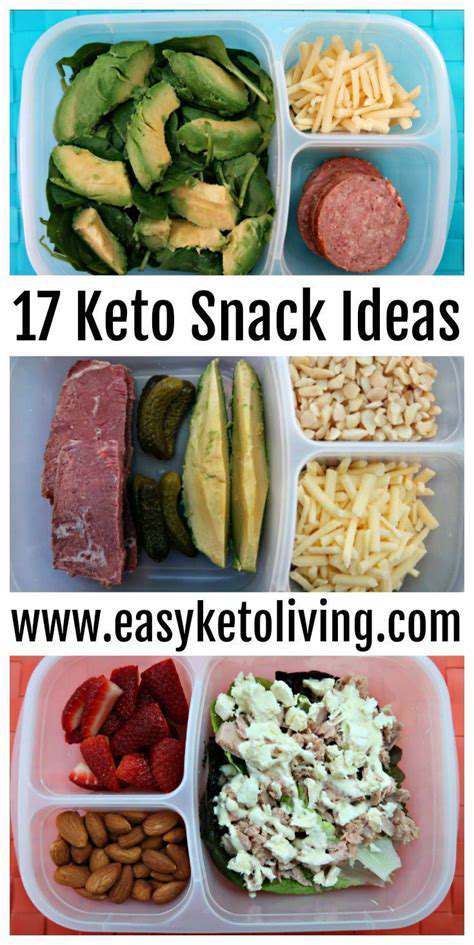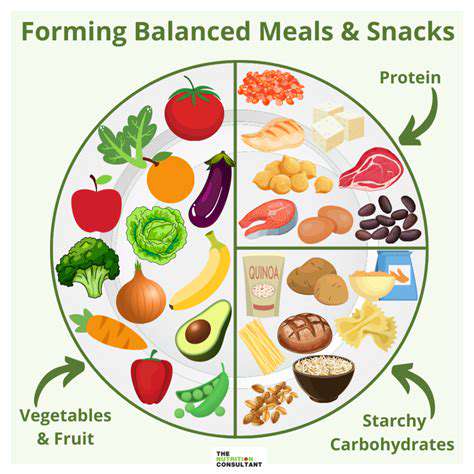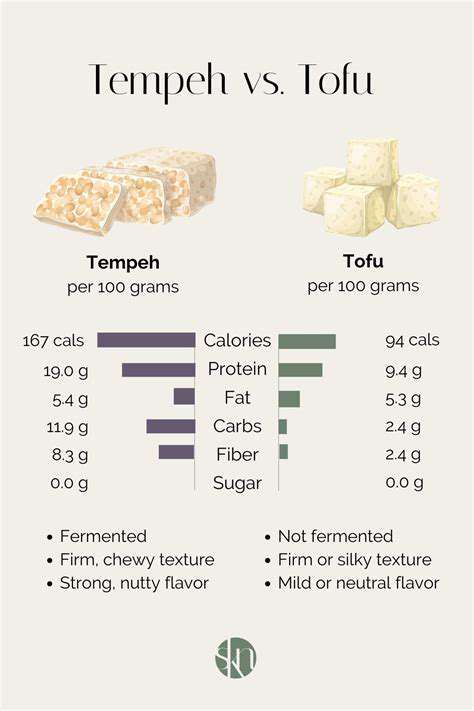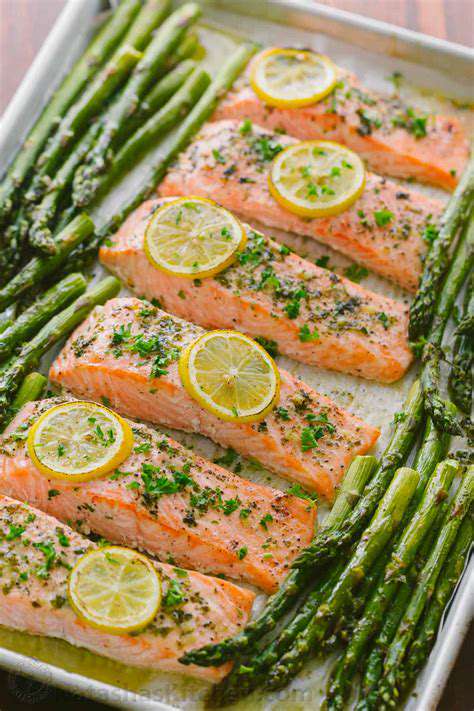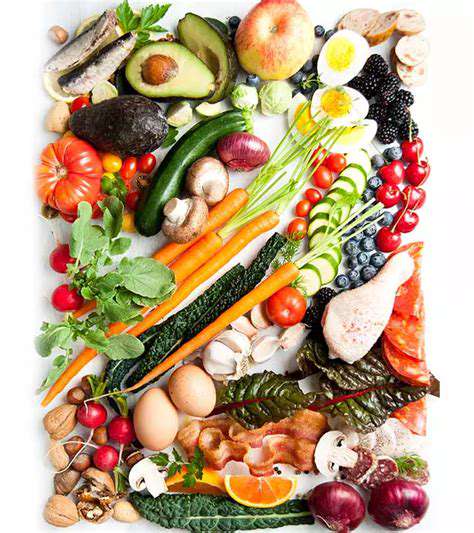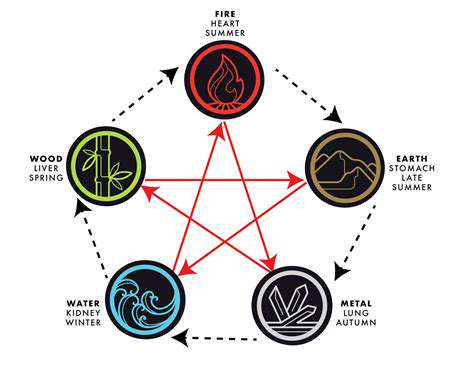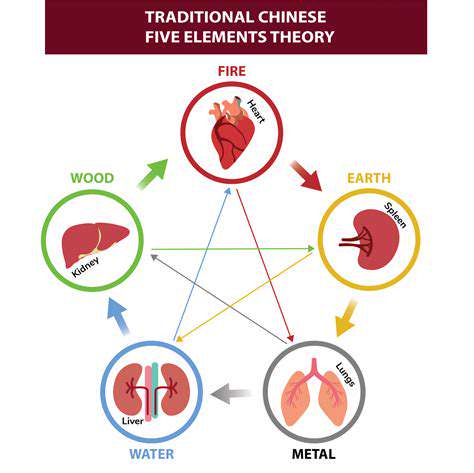Healthy Snacking for Optimal Energy Levels
Hard-boiled eggs deliver a powerful protein punch, crucial for tissue repair and overall body maintenance. A single egg packs high-quality protein that keeps hunger at bay, helping you stay focused during long work or study sessions. Unlike many processed snacks, eggs are naturally low in calories while providing essential nutrients like vitamin D and selenium.
The beauty of eggs lies in their versatility and nutritional density. They're one of nature's most complete foods, containing all nine essential amino acids your body needs. For those managing weight, eggs offer satiety without excess calories - a rare combination in modern snack options.
Whole-Grain Crackers: Fiber for Sustained Energy
When selecting crackers, whole-grain varieties stand out for their complex carbohydrates and fiber content. These nutrients work together to provide gradual energy release, unlike the sudden spikes from refined grains. The fiber in whole grains also supports digestive health by feeding beneficial gut bacteria.
Modern research continues to uncover the importance of gut health for overall wellbeing. By choosing whole-grain options, you're not just snacking - you're cultivating a healthier microbiome. This translates to better nutrient absorption and stronger immune function over time.
Pairing Eggs and Crackers for Optimal Snacking
This dynamic duo creates a satisfying snack that balances macronutrients perfectly. The protein-fat combination from eggs complements the complex carbs in crackers, resulting in steady energy that lasts. For added variety, try sprinkling eggs with paprika or pairing them with different whole-grain cracker varieties.
What makes this pairing particularly effective is its adaptability. Whether you're at home, work, or traveling, this combination remains convenient and nutritious. It's a practical solution for today's busy lifestyles while delivering premium nutrition.
Nutritional Benefits and Considerations
Together, these foods provide a spectrum of nutrients often lacking in modern diets. The key is selecting high-quality ingredients - look for crackers with minimal added sugars and eggs from pasture-raised chickens when possible. While nutritious, portion awareness remains important to maintain calorie balance.
Modern food processing often strips nutrients from snacks, but this combination preserves nutritional integrity. It's a conscious choice against processed foods that dominate supermarket shelves. For those monitoring cholesterol, recent studies suggest dietary cholesterol has less impact on blood levels than previously thought.
Snacking Strategies for Busy Schedules
Efficiency meets nutrition with proper preparation. Batch-cooking eggs on weekends creates grab-and-go options that save precious time during hectic weekdays. Store them peeled in airtight containers with a damp paper towel to maintain freshness.
This approach represents smart nutrition planning - anticipating hunger and having healthy solutions ready. It's particularly valuable in work environments where unhealthy vending machine options often tempt time-pressed professionals. A little preparation prevents poor snack choices when hunger strikes unexpectedly.
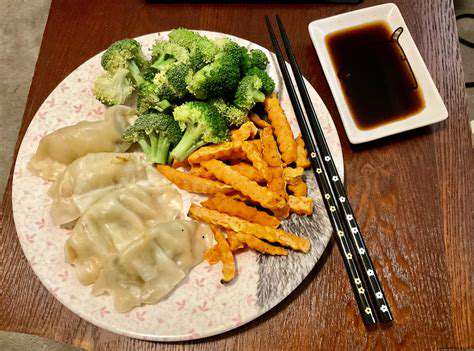
Avoiding Energy-Draining Snacks
Choosing the Right Protein Sources
Quality protein selection makes all the difference in maintaining energy levels. Whole food sources like eggs, Greek yogurt, and lean meats provide complete proteins without the additives found in processed alternatives. For plant-based options, consider edamame or hummus with vegetables.
The Importance of Complex Carbohydrates
Not all carbs are created equal. Whole grains, starchy vegetables, and legumes offer sustained energy through their complex structures. These foods digest slowly, preventing the blood sugar rollercoaster associated with refined carbohydrates. Ancient grains like quinoa or farro provide interesting alternatives to standard whole wheat options.
Fiber-Rich Foods for Steady Energy
Fiber acts as nature's regulator, smoothing out energy delivery throughout the day. Incorporating fibrous snacks like apple slices with almond butter or celery with hummus creates satisfying options that won't cause energy crashes. The combination of fiber with healthy fats or proteins enhances satiety and nutrient absorption.
Hydration: The Unsung Energy Hero
Dehydration often masquerades as hunger or fatigue. Keeping hydrated maintains cognitive function and physical energy more effectively than most people realize. For those who find plain water unappealing, herbal teas or infused waters provide flavorful alternatives without added sugars.
Limit Sugary and Processed Snacks
The convenience of packaged snacks often comes at a nutritional cost. Reading labels reveals hidden sugars and unhealthy fats in many healthy snack bars. Instead, opt for whole food combinations like nuts and dried fruit in controlled portions.
Mindful Snacking Practices
Snacking with intention transforms eating from mindless consumption to conscious nourishment. Pausing to assess true hunger versus boredom or stress can prevent unnecessary calorie intake. Creating an inviting snack environment with proper plating enhances satisfaction from smaller portions.
Portion Control and Frequency
Balancing snack size and timing helps maintain steady energy. Smaller, nutrient-dense snacks every 3-4 hours often work better than three large meals for many people. Using smaller plates or containers naturally helps control portions without feeling deprived.
